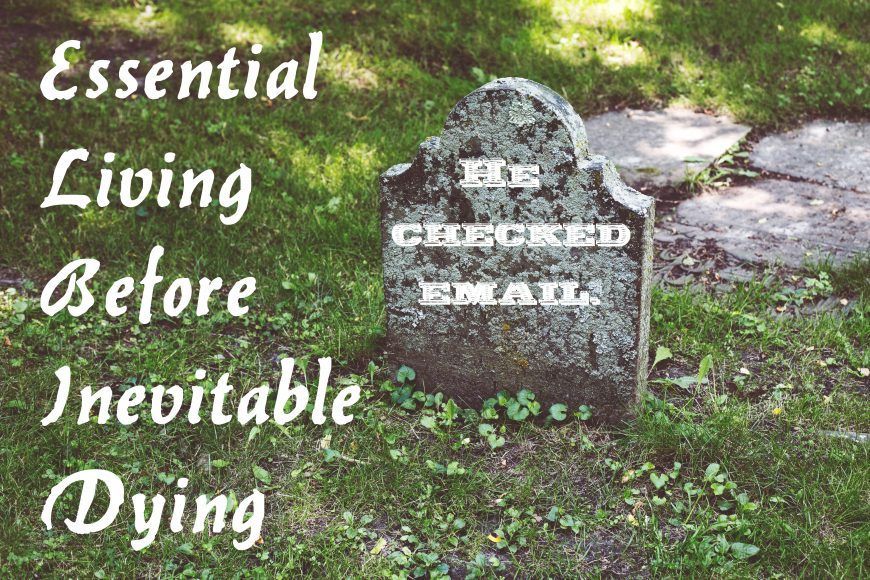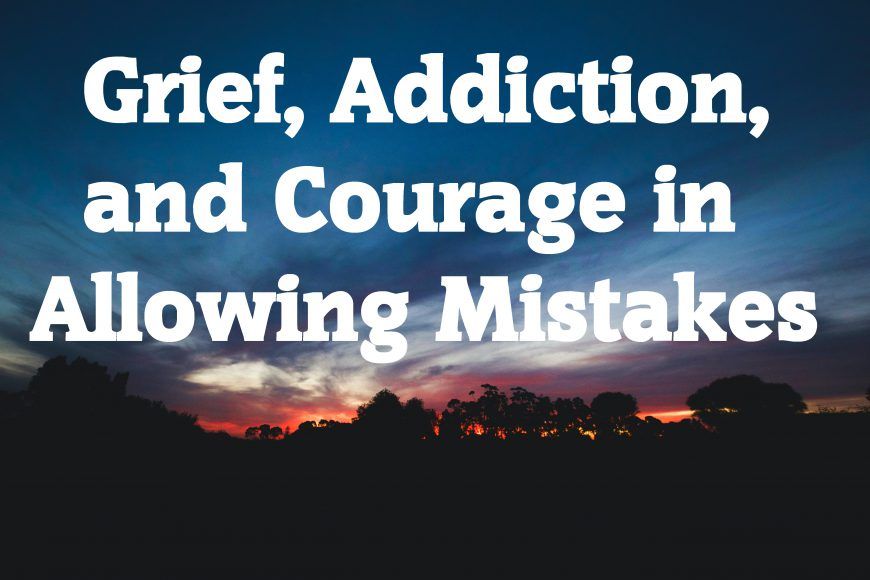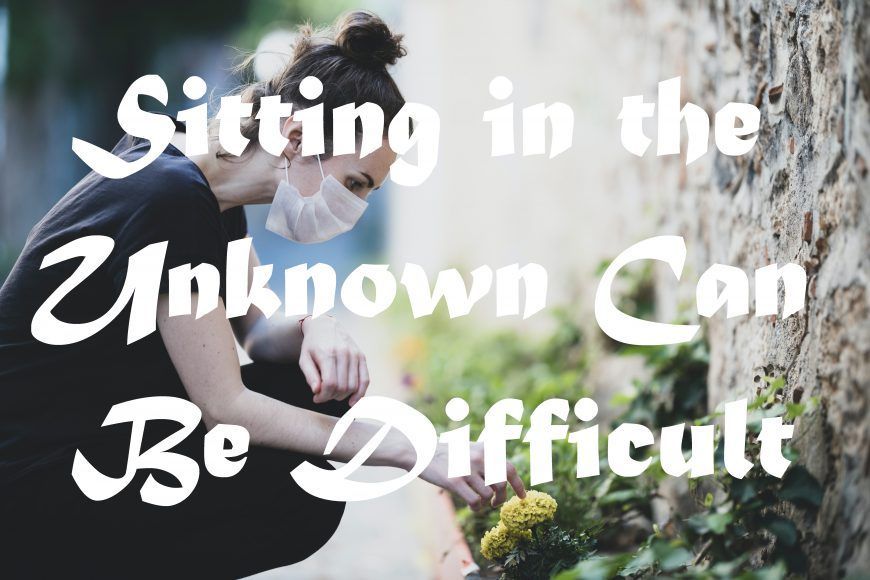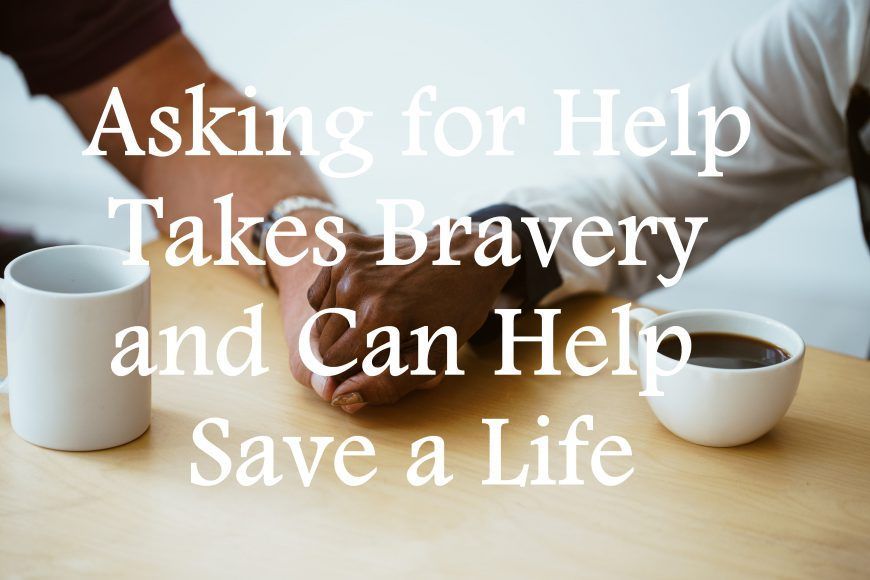Coping with the Loss of a Coworker
When experiencing loss in the workplace, there are a number of different thoughts and feelings that arise. Losing a coworker can often feel like losing a member of one’s extended family. However, it may be unclear how and when to express feelings of loss and grief, as you are typically in an environment that is understood as “professional”. This can make it even more difficult to know how to engage with your grief. Here are a few ways that you can express your condolences and cope with the loss of someone who you worked with.
Expressing Condolences
-
One of the most important and simple things you can do when a coworker passes away is to send a sympathy card to the family of the deceased. It is a small act that speaks to much greater feelings of caring and concern on your part. If you are unsure of what to write, look to our list of simple and thoughtful sympathy card messages to help express how you feel.
- Give the family of the deceased room to grieve . In a difficult time of loss, our instinct is to reach out and help in any way we can. However, giving space to the family of the deceased is also important. This also extends to your fellow coworkers as well. People cope with loss in a very individual way, and one should not assume that everyone in the workplace environment will be experiencing grief in the same way that you are.
- It is important to not pass judgment during times of loss. Everyone reacts differently when someone dies. Some will want to speak with others about the coworker you have lost; remembering times you all may have shared together. However, others may not want to speak at all, and will keep to themselves. It is important to remember this, and not make judgments about a person based on the way they are choosing to engage with their feelings of grief.
Coping with Grief
- Remember that it is alright to grieve alongside your coworkers . Don’t feel the need to come to work and act as if you have not experienced a great loss simply because you are in a workplace environment. You are all experiencing the same loss, and your workplace will likely act as important supportive network for yourself and your colleagues as well.
- It can be helpful to set up a group support discussion , during which you may express your feelings of loss to your colleagues and they may also do the same. As mentioned earlier, not everyone will be willing to participate. However, providing that kind of space for discussion and support can be very helpful to those who are unsure of how to act at work or express their feelings following the loss of a colleague.
- The ways in which one deals with grief and loss is something you will not be able to anticipate or predict before you actually experience it first hand. If you find you have a difficult time expressing your feelings and thoughts out loud, sometimes it is helpful to do so online. With the ever-growing wealth of online grief resources , there are more and more online forums that are specifically for those dealing with loss. If you feel it might be helpful for you to discuss your grief in this way, look to our list of the best online grief support forums .
For More Resources, Interesting Facts And Information, Visit The Qeepr Community












